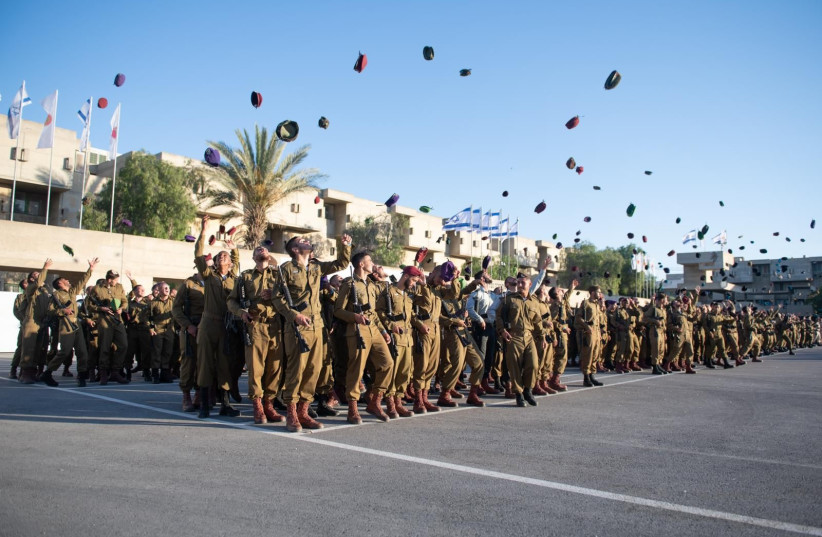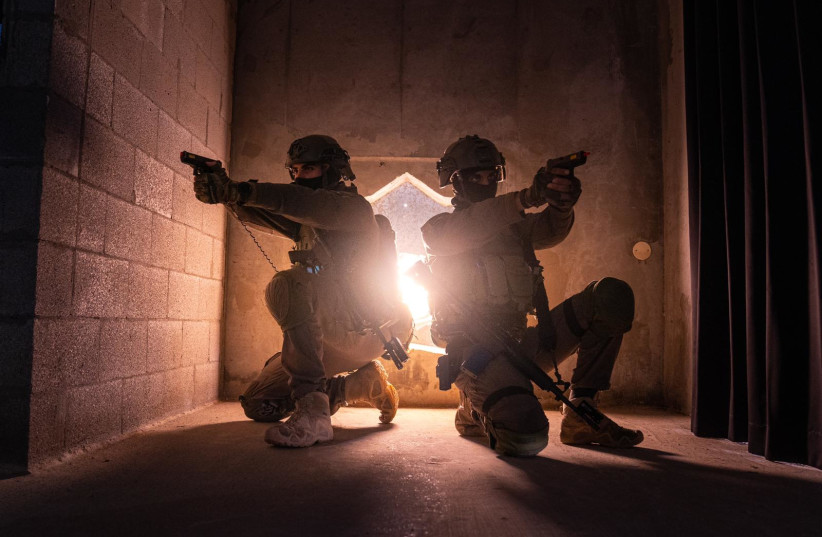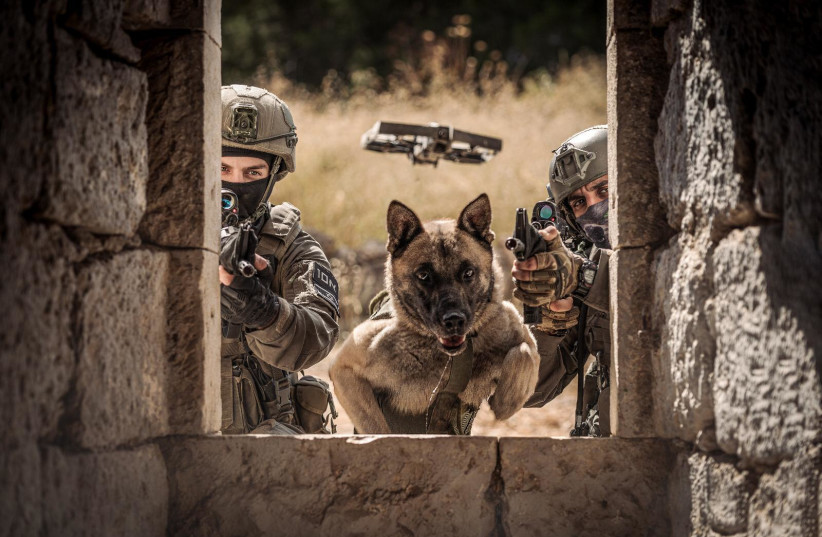The IDF Ground Forces is opening a new elite program that aims to attract cadets to become officers.
The program is named Erez after Brig.-Gen. Erez Gerstein, who commanded the Lebanon Liaison Unit and died in an explosion while in southern Lebanon in March 1999.
The program was named in his honor because his story can act as a role model for future commanders, the IDF said.
Some 2,500 invitations were sent out on Sunday to cadets who demonstrate leadership abilities, a strong moral compass, high motivation for combat roles, strong and fast learning abilities and physiological capabilities needed for an elite combat role.
Of those, only 80 will continue into the six-year, tailor-made program, which will recruit once a year and train the cadets to serve as commanders and not just soldiers.

What will the new IDF officer training program entail?
The recruits will first take part in a basic-training course for two and a half months, during which they will have combat fitness training and academic tests.
They will then spend 36 months in training, including both basic combat training for commando forces and learning toward a bachelor’s degree with two specializations lasting four semesters. During that time, they will also learn about the various professions in Ground Forces as well as other corps and the different arenas and threats facing Israel. They will also take part in diverse operational and command experiences, such as drills with foreign militaries.
The cadets will also be trained as officers at the Officer’s Training School at Bahad 1.
About a year into their training, the cadets’ future placements will be determined by the military. The IDF believes that doing so will allow them to be proactive and continuously tied to the units where they will later serve as officers.
The military hopes that with three years of learning about the various challenges that a Ground Forces officer might face, they will also have a better grasp of the needs of the corps.
After that, they will spend 44 months serving as an officer in two different positions, including as platoon commander and company commander in various Ground Forces battalions.

The military hopes that by the age of 25, participants in the Erez program will have a diverse skill set acquired during their combat service, coupled with a bachelor’s degree and command experience.
The program hopes to increase the number of quality officers to ensure that command positions will be filled by the most talented and suitable soldiers. The military will handpick recruits for the program through detailed screening procedures, including the “Yom Hame’a,” which examines the recruit’s creativity, interpersonal abilities, data-processing skills, management skills, teamwork and more.

Many Israeli teenagers who have been drafted have increasingly joined IDF Intelligence Corps Unit 8200 or other technological units because they are considered as prestigious roles with a bright future and high salaries.
There is not a problem in the motivation of cadets to draft into combat units, and in January, IDF Chief of Staff Lt.-Gen. Aviv Kohavi said the motivation has risen significantly over the past two years, with more than 70% of all new recruits expressing interest in serving in combat roles, the IDF said.
But the majority of those interested in combat roles continue to be from the country’s geographic periphery.
